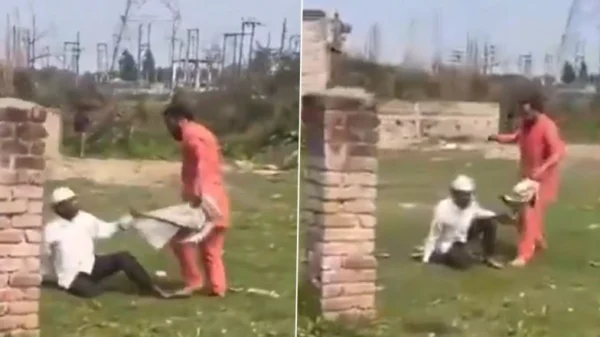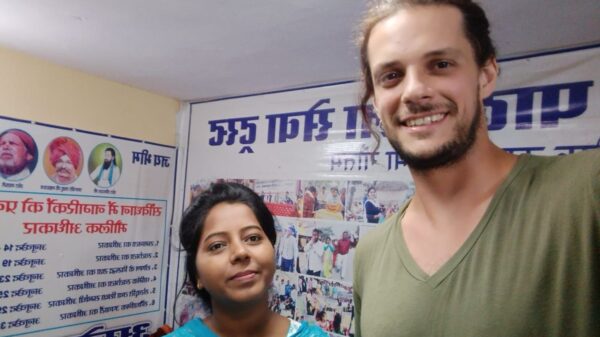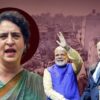Mohammad Aaquib
In the aftermath of the sudden postponement of the West Bengal Urdu Academy’s literary festival, the Wahyain Foundation has come under a wave of allegations suggesting that it had issued threats to Bollywood lyricist and writer Javed Akhtar as well as to the organisers of the event. The Academy’s annual programme, which was scheduled to run between August 31 and September 3 and featured a National Mushaira on the 1st of September, was called off indefinitely citing “unavoidable circumstances.” While it is widely understood that the postponement came after pressure from sections of Kolkata’s Islamic clergy opposing Javed Akhtar’s participation due to his remarks against Allah and Islamic beliefs, the Wahyain Foundation has now officially responded. In a press release issued on 1 September 2025, they categorically denied issuing any threat, verbal or written, to either Javed Akhtar or the Academy.
The statement, signed by Mufti Shamail Nadwi, Founder and Ameer (president) of Wahyain Foundation, noted that attempts were being made by “certain organisations and a few journalists” to malign the Foundation by spreading “false propaganda.” It said that no representative of Wahyain had ever approached the Urdu Academy and no pressure was exerted on the organisers to cancel their programme. The Mufti reiterated that the Foundation’s position from the beginning was one of academic engagement and principled disagreement with Javed Akhtar’s “disrespectful remarks about Allah” and his repeated attempts to “promote atheism in a manner that insults the faith of Muslims.” In this regard, the Mufti had only extended an invitation to Javed Akhtar for a public academic debate on the question of God’s existence, and the Foundation claims to have even welcomed Akhtar’s visit to Kolkata for such a purpose.
The press release further expressed regret that instead of engaging with these concerns honestly, some individuals had chosen to “spread false narratives in the media” by linking the Foundation to the cancellation of the Urdu Academy’s event. Mufti Nadwi asserted that such allegations were baseless and clarified that the Foundation neither sought to undermine the Urdu Academy nor to silence any literary programme. Rather, their intention was to highlight the serious concern that many Muslims in Kolkata and across the country felt towards Javed Akhtar’s comments, which they deemed offensive and blasphemous. The Mufti insisted that Wahyain Foundation’s ethos is rooted in intellectual dialogue and respectful debate, and that any story portraying them as instigators of coercion was an attempt to misrepresent reality.
The controversy, however, has brought to the forefront once again the fragile balance between literature, religion, and politics in West Bengal. The cancellation of the Urdu Academy festival has already stirred debates on whether religious sensitivities should dictate the programming of a linguistic and cultural institution. With state elections around the corner in 2026, the political establishment is seen treading carefully so as not to alienate its Muslim vote bank. The Wahyain Foundation’s press release now adds another layer to the unfolding episode, as it seeks to distance itself from direct involvement in the postponement while reaffirming its critique of Javed Akhtar’s views. It is also important to note that Indian media outlets, in their eagerness to frame a narrative, often project Muslim clergy and religious organisations as instigators of intolerance, thereby fuelling stereotypes rather than encouraging genuine understanding. This tendency has once again come to the surface in the present case, as reports hastily linked Wahyain Foundation to threats and coercion without verification, tarnishing not just an institution but also the credibility of an academic initiative that had only sought a respectful debate.
Mohammad Aaquib is a Kolkata-based writer and researcher. He works on communalism, political violence, and Muslim identity in contemporary South Asia. He can be reached at maaquib8th@gmail.com and @mohammad._.aaquib.
The views expressed in this article are author’s own and do not necessarily reflect the policy of the platform.



























































